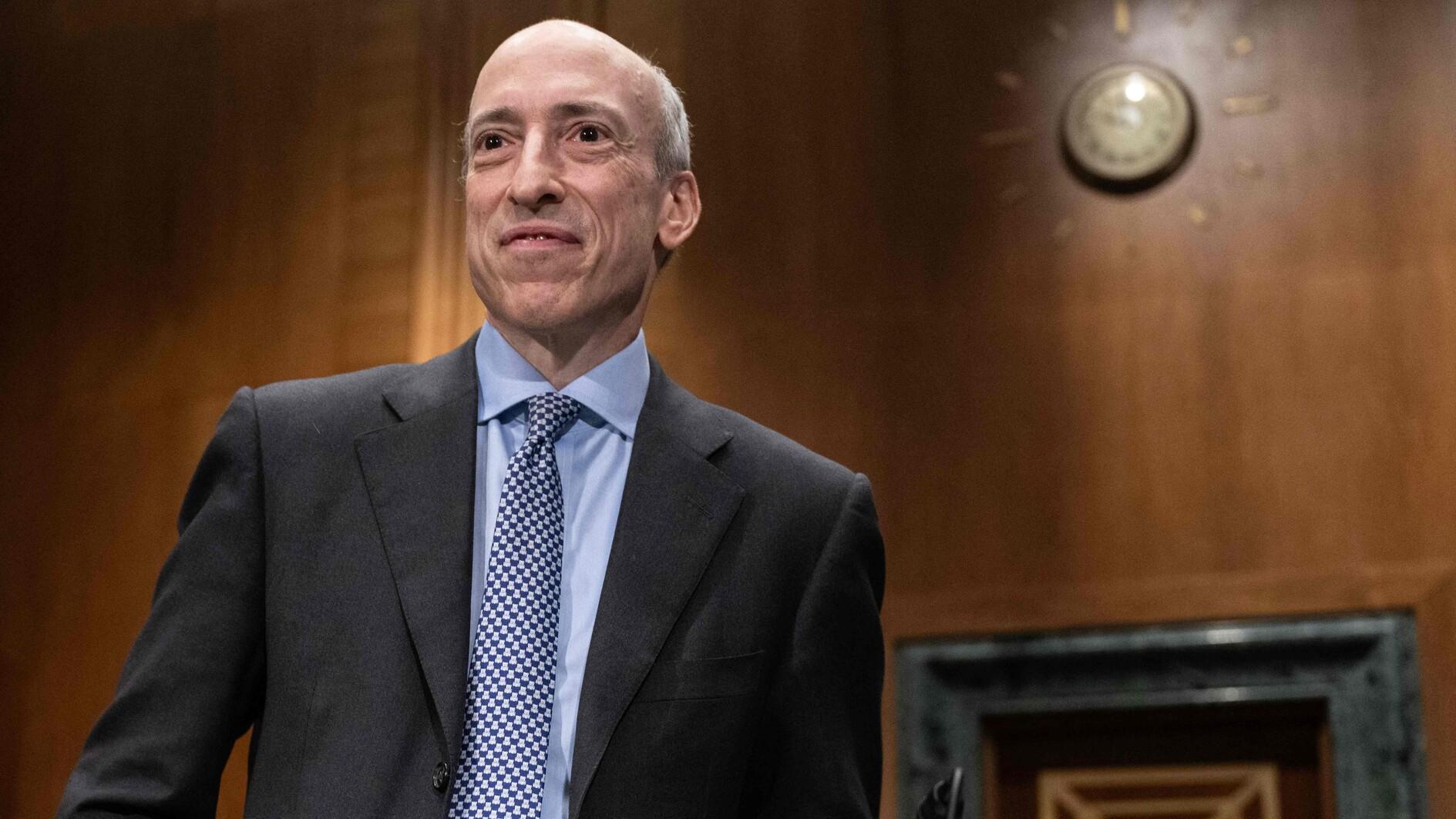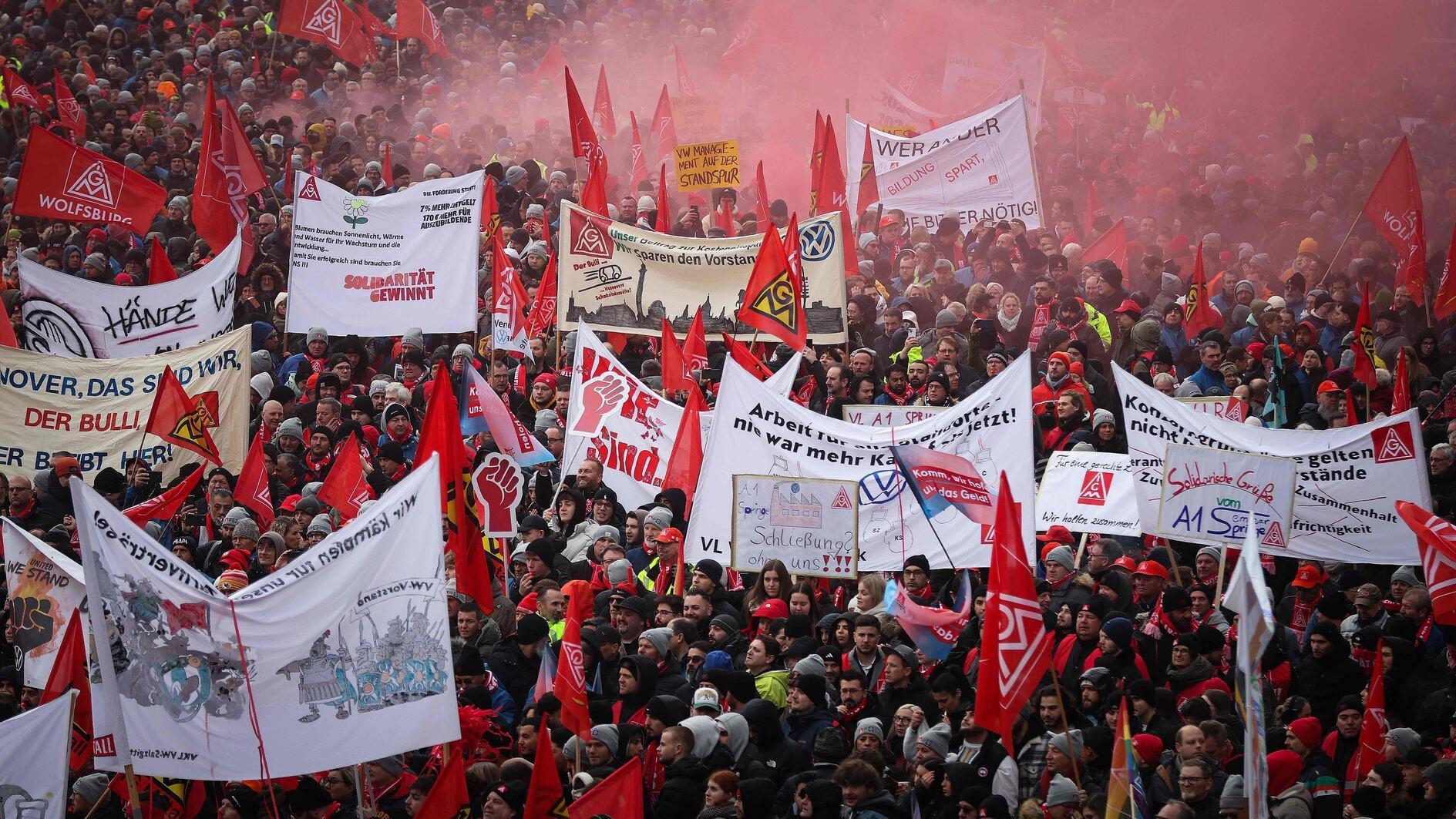Need to reset the Turkish military
The military coup attempt of July 15 showed that many institutions in the Turkish administration - not only the military - need a reset, or at least a radical reformation: From the judiciary to law enforcement, from the election law to the transparency of financing of politics.
But the burning issue now is the military, because of the coup attempt by a junta within the military, which occurred at a time when many inside and outside of Turkey had thought the era of coups and military interventions into politics had been left in the past.
Plus, there is the Supreme Military Council (YAŞ) meeting scheduled to convene today on July 28, which some have claimed was one of the main motivations for the coup attempt. According to suggestions whispered in Ankara’s political corridors, the followers of U.S.-based Islamist ideologue Fethullah Gülen, who have organized and risen in the ranks of the Turkish military for the last 20 years or so, thought the time was ripe to try to take over the system. They feared that the government and the top brass were going to eliminate them in this YAŞ meeting, where retirements and promotions are decided.
Daily Hürriyet reported on July 27 that 18 out of 25 colonels promoted to the rank of brigadier general in the YAŞ meetings of 2013 have been arrested by the courts since the coup attempt. There were a total of 41 promotions within the upper ranks (from brigadier to major, major to lieutenant, and lieutenant to full general ranks, with admiralty equivalents in the navy) in the 2013 promotions, and 21 of them have now been arrested because of their alleged involvement in the coup attempt. 2013 was the year when President Tayyip Erdoğan and his Justice and Development Party’s (AK Parti) good relations with Gülen’s “Hizmet” (Service) movement were terminally broken with the graft probes of Dec. 17 and Dec. 25 that year. But the records show that the promotions of apparently Gülenist soldiers continued in 2014 and even 2015, even if not at high rates.
Yet the circumstances surrounding this year’s YAŞ meeting are totally different following the July 15 coup attempt. That night, President Erdoğan was narrowly saved from being either kidnapped of perhaps assassinated by the rebel soldiers; the chief of general staff, land, air and gendarmerie forces commanders were captured and kidnapped with the help of their own private secretaries and guards; and parliament was bombed by rebel soldiers, who did not hesitate to kill the civilians resisting them, especially after Erdoğan managed to get his voice heard through private broadcaster CNN Türk.
The much self-praised discipline of the Turkish military, one of the largest and best-organized in the Western defense alliance of NATO, did not work. Military sources told the press on July 27 that besides nearly 9,000 soldiers, (some of them being privates and corporals who had no idea what was going on but had to obey the orders of their superiors), 24 fighter jets, 37 helicopters, 74 tanks, 246 armored vehicles, three warships and nearly 4,000 light weapons belonging to the Turkish army were seized and abused by rebel soldiers.
Under the circumstances, this year’s YAŞ meeting is not likely to be simple promotions-and-retirements session. Rather, it may see a fundamental restructuring of the military. Prime Minister Binali Yıldırım has already taken the first step, separating the gendarmerie and the coast guard from the chief of staff and putting them under the Interior Ministry in the cabinet meeting of July 25.
It is highly possible the president and the prime minister would not want to work with the current top brass any longer. But it may go beyond changes of names. Everything could be on the table: From putting the military under the Defense Ministry (like in other NATO countries), to the military education system, to the overall force architecture.
Actually, a reformation of the Turkish army is something much belated. Perhaps it should even have been done soon after the disintegration of the Soviet Union in 1992, but the fight against the outlawed Kurdistan Workers’ Party (PKK) has always given an excuse for Ankara to keep things the same, with certain facelift operations.
It seems that a reset is now needed, similar to the one carried out by Mustafa Kemal Atatürk himself in 1926, shortly after the foundation of the republic in 1923 following the War of Independence that he had led.











